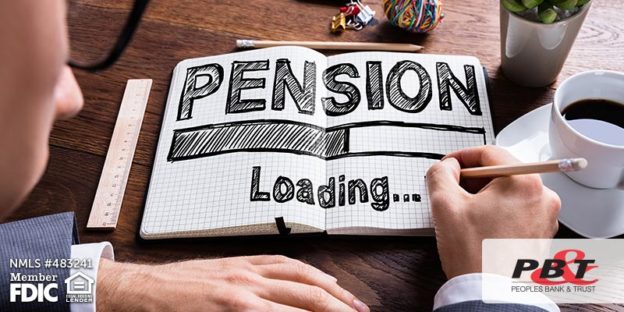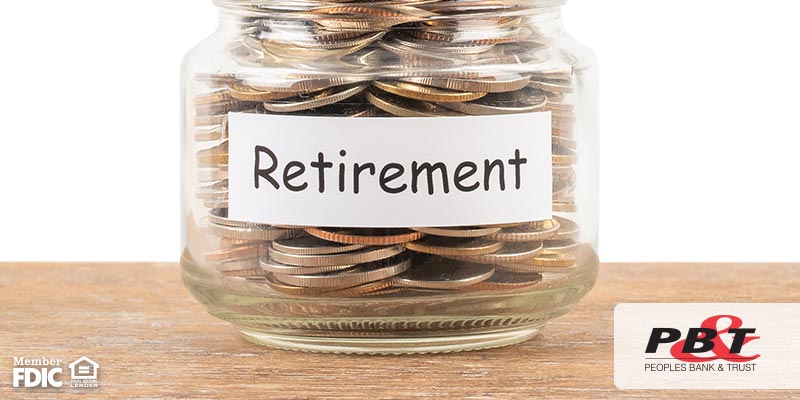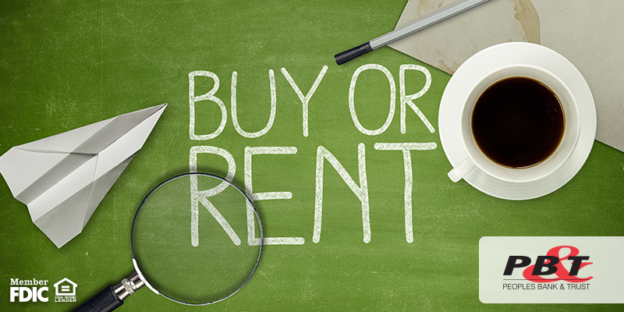Online safety is a much bigger problem than most people realize. It’s estimated that seniors lose a total of about $30 billion every year because of online scams. We want to prevent that from happening, and we bet you do, too. We’ve put together some of the easiest ways for seniors to be safe online.
Be careful when making online purchases. Hackers and scammers can make their websites look pretty realistic and trustworthy on the outside. Here are some ways to know when not to enter your personal information.
- Look for reviews if buying a product.
- Make sure the website is secure.
- If possible, only shop on websites you or others have used in the past.
Keep tabs on all of your accounts. Be sure not to let your accounts, on social media or elsewhere, go left unvisited for too long. The following points will help you know how to keep your personal accounts protected.
- Use strong and secure passwords, as well as different passwords for each account.
- Give a trusted family member or friend access to your accounts in case of emergency.
Think about what you’re posting. Just because your account is private doesn’t mean everything you post in there is safe from the world’s eyes. There are still ways for hackers to access your account or for others to copy and share your posts.
- Don’t post pictures or information you wouldn’t want the public to know about.
- If you need to share important but private information, consider doing so in person or over a phone call if possible.
Don’t trust all emails and messages. Although many email providers have an automatic spam filter, some make it to your inbox. When it comes to social media, messages from strangers can be dangerous.
- Ignore the “You’re a winner!” or “Free prize!” messages.
- Verify with friends before sending any money in case their account was hacked.
- Don’t trust direct messages unless you can verify who the person is and why they’d be reaching out to you.
Be careful what you choose to download. Hackers will often create free downloadable documents that are actually viruses. Here are some steps to make sure your device doesn’t get hacked.
- Know and trust your source before downloading anything.
- Have a protective security software installed on your device.
- Verify with a professional that it’s a trusted source.
Technology is a wonderful thing, but it definitely comes with dangers. Be sure to follow these practical online safety tips and continue protecting your personal information!
Peoples Bank & Trust Co.
Member FDIC
Equal Housing Lender











